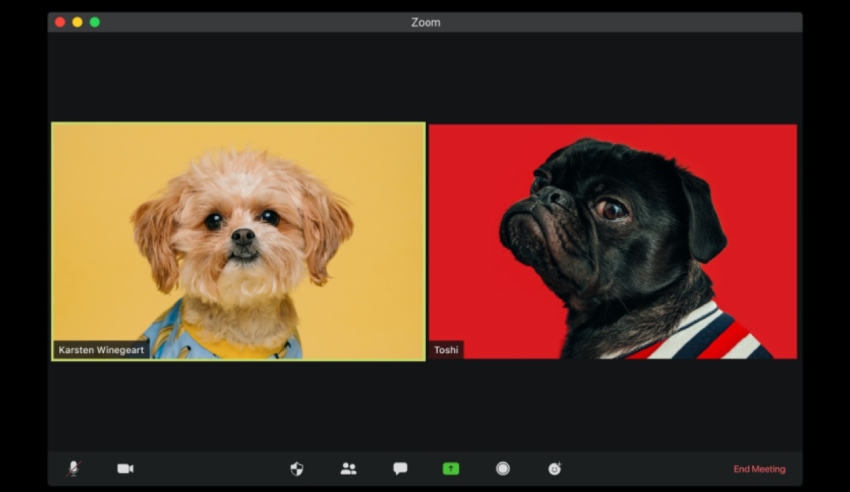With the country still coming in and out of lockdowns, three legal practitioners have provided some of their top virtual networking tips and tricks for new and young lawyers to continue building and maintaining connections from behind their screens.

Over the last 12 months, the Australian legal space has seen major growth in online connections and networking to fill in the gap that cancelled in-person events left wide open. For three leading professionals, this has varied from huge pitfalls like being too efficient through to shining successes such as prioritising authenticity.
“To me, that comes across as inauthentic and has a negative impact,” she said on a panel for the 2021 Career Expo and Emerging Leaders Summit.
Moulis Legal lawyer Lochlan Worrell mirrored this, explaining that cold LinkedIn or emails have become a little outdated in the new virtual networking space, but particularly for new and young lawyers breaking into the profession.
“LinkedIn has become one of those useful tools online by engaging with things people are producing and over time developing those relationships as well, but in my experience and opinion, the cold emails where you are reaching out and trying to get business immediately, that’s definitely become outdated,” Mr Worrell said.
For regulation legal manager in sports and entertainment based in Saudi Arabia, Cassandra Heilbronn said that the pandemic has reinforced the message that in building network connections and business development, the keywords or buzzwords must be ditched in favour of “taking steps to genuinely build relationships”.
Reflecting on the studies that indicate people make an assessment within seven seconds of meeting someone new, Ms Heilbronn that this can still translate into an online networking meeting. For example, if she finds that someone has sent her an email or LinkedIn message addressed to a “Mr” when her profile photo is clearly female identifying, “you’re already going to be on the backfoot because why would I want to spend my time helping when they can’t get that word right”.
“I think people need to make sure that they pay attention to what they are sending, because written communications will last. There is no unsend button on LinkedIn, like we see on Instagram. That information will be around for a while,” she cautioned.
Ms Heilbronn utilises her own networking system, usually planned in the months prior to an upcoming meeting or event. Across six weeks, she will make six points of contact with six different connections. Ms Heilbronn also keeps a record of important personal information, including important dates or names of family members.
“This record is good at performance time to come back and see how you have engaged with those people and how the relationship has developed,” she said.
Ms Rayward added that having a system like Ms Heilbronn’s could soothe a lot of the anxiety that comes with networking: “If you find processes around it and create structure around it, it takes some of the pressure off it.”
As for how to best approach new connections – even online – Mr Worrell said that he has noticed EQ tends to stand out over the IQ. How a new connection looks to start that relationship is the “starting point and the thing you’re going to notice first”.
“In my experience, people generally work with people that they like and they trust, so the EQ is a way to get your foot in the door. The follow up to that, of course, is that in the long-term, people you’re going to work with are people who feel they have that trust, and then fortunately IQ is an important part of trust later,” he explained.
For Ms Rayward, it’s important that the people she is meeting are just being themselves. From her experience, what works best from people reaching out are those who have prioritised authenticity over the generalised emails.
“To build trust, you must be yourself,” Ms Rayward said. “It’s those human pieces of us that will create relationships to begin with and then it’s on us to demonstrate our skillsets as a professional beyond that. The relationships that we build are not only on IQ but very much on the human interactions. Finding the things that you and the other person likes in life and finding commonalities is very powerful.”
For more from the 2021 Career Expo and Emerging Leaders Summit, check out this panel and others here.
